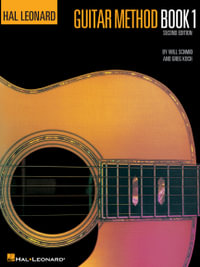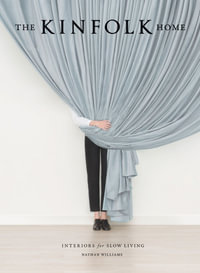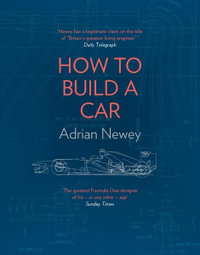Henry: Portrait of a Serial Killer (1985) is precisely that: a cold-eyed character study based on the crimes of Henry Lee Lucas, who was convicted of eleven murders in the 1980s. Director John McNaughton presents an unflinching portrayal of the semi-fictional Henry's crimes, which include serial murder and the slaughter of a family captured and replayed on videotape by Henry and his accomplice Otis. The film proved immensely controversial, notably in the UK, where it confounded the British Board of Film Classification, which at one point during the film's tangled censorship history went so far as to re-edit substantially a crucial scene, in addition to cutting others. Shaun Kimber's examination of the controversies surrounding Henry considers the history and implications of censors' decisions about the film on both sides of the Atlantic, revealing a wide range of cultural meanings and social fears relating to film violence. Taking full account of the views of audiences, critics and academics, both at the time the film was released and in the years since, this illuminating study also looks at the changing political, social and economic contexts within which the film was produced and has subsequently been circulated and consumed. It also considers McNaughton's usage of the codes associated with documentary and realism, 'exploitation' approaches to publicity and marketing, and the polarisation of responses to the movie. Today Henry enjoys the reputation and status of a key film within the horror genre, the history of censorship, and the study of film violence. Kimber's revealing account of the film's production and its fortunes in the marketplace provides a fascinating case study of film censorship in action, and offers a sustained and wide ranging analysis of what remains one of the most disturbing films ever made.
Industry Reviews
'An excellent in-depth analysis... Kimber effectively combines close readings of key scenes with detailed consideration of the history of different versions of Henry and its various engagements with critics, supporters and regulatory authorities.' - Geoff King, Brunel University, UK 'It left me with that same cold and sordid feeling I felt when I first viewed the film...an interesting academic study.' - Chris Hick, Filmwerk 'For anyone interested in low budget indie film production, and the history of film censorship, it's a fascinating read.' - David Flint, strangethingsarehappening.com
























